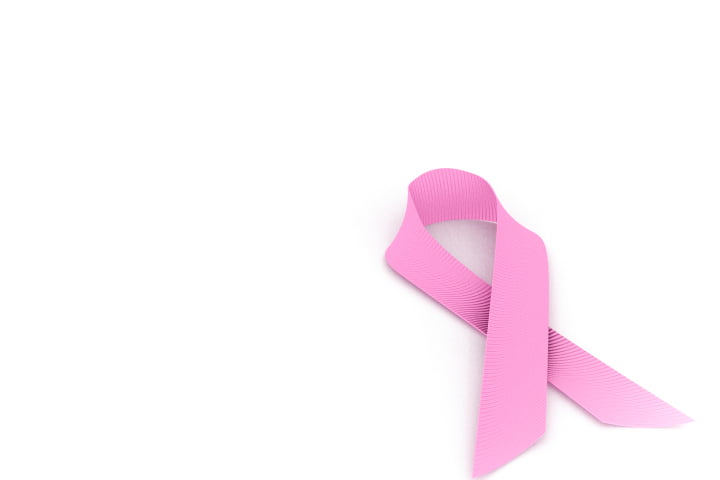Costs of breast cancer drugs such as tamoxifen and raloxifene will soon by covered by insurance thanks to the Affordable Care Act, the administration announced on Thursday.
The move comes after the U.S. Preventive Services Task Force (USPSTF)–a government commissioned panel of experts who review all available research on health issues–stated that women who are at a high risk for breast cancer can benefit from taking drugs like tamoxifen and raloxifene to prevent the disease. Based on this conclusion, under the Affordable Care Act, which emphasizes preventive care, these drugs must be covered by insurance, with no extra cost to female patients.
The Centers for Medicare & Medicaid Services explains:
Accordingly, for plan or policy years beginning one year after the date the recommendation or guideline is issued (in this case, plan or policy years beginning on or after September 24, 2014), non-grandfathered group health plans and non-grandfathered health insurance coverage offered in the individual or group market will be required to cover such medications for applicable women without cost sharing subject to reasonable medical management.
The new coverage is added on top of other preventative screening measures that are already covered by insurance. For example, women at a higher risk for breast cancer are guaranteed coverage for breast cancer genetic testing for genes like BRCA, and counseling for their results. Women over age 40 are also covered for mammography screenings every one to two years.
Dr. Len Lichtenfeld, the deputy chief medical officer of the American Cancer Society says it’s still too early to know for certain what impact this change will have in the cancer community. ”We’ve known that we can reduce the risk of breast cancer for women at high risk. But despite the knowledge and availability there is little traction in the clinical and patient community [for these drugs], he says. However, the coverage may help to lower breast cancer rates among women who weren’t receiving proper care because of the cost. “For some women, the question may have been cost and affordability. For that segment of the population, this might make a difference,” says Lichtenfeld.
In a blog post about the changes, Dr. Jill Biden, wife of Vice President Joe Biden who started the Biden Breast Health Initiative 18 years ago, expressed her support of the change. “Far too many of us have lost a loved one to breast cancer or seen a colleague or friend endure painful treatments to fight the disease,” she writes.
Source: Time Health & Family, 09-01-2014.

